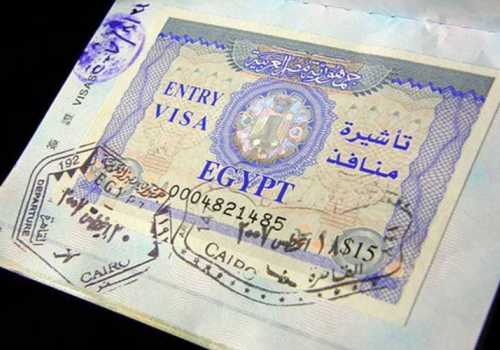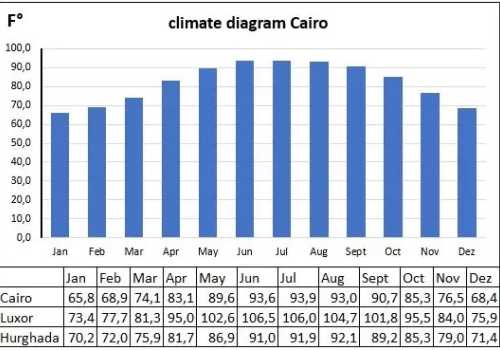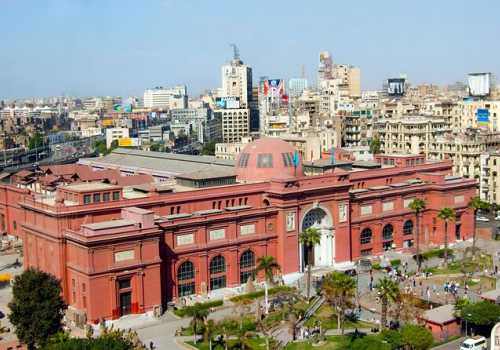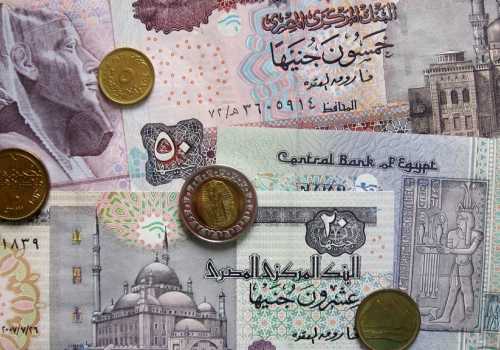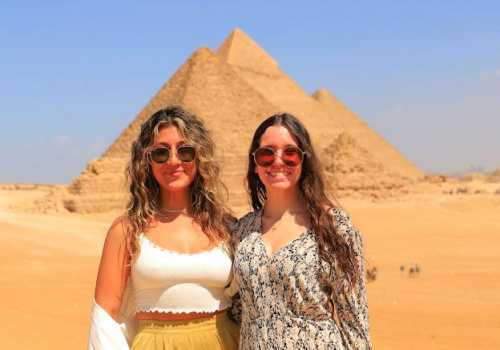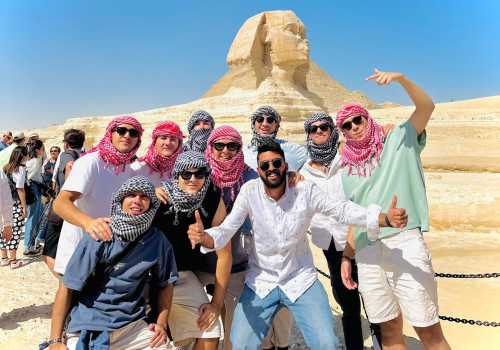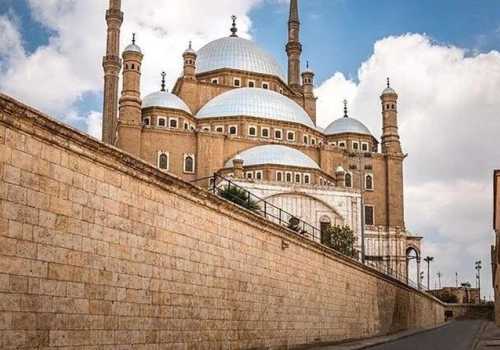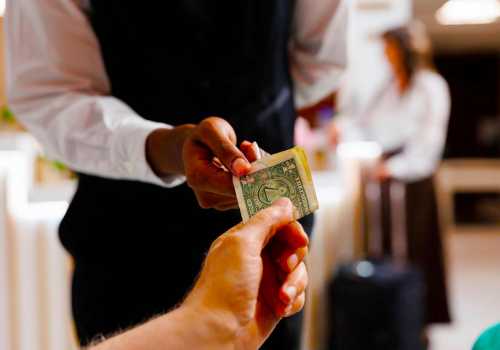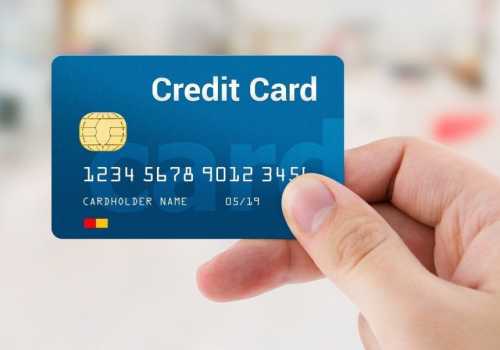Egypt Travel Guide
Discover everything you need to know before traveling to Egypt. Emo Tours Egypt answers common questions about visas, safety, currency, weather, tours, and local customs to help you plan a smooth a... Read More
1. Do I need a visa to travel to Egypt?
Yes, most travelers require a visa to enter Egypt. You can obtain it either in advance from an Egyptian embassy or consulate, or upon arrival at major airports such as Cairo International Airport. Many nationalities, including US, UK, EU, Canadian, Australian, and New Zealand passport holders, are eligible for the visa-on-arrival, which currently costs around USD $25 for a single-entry visa valid for 30 days. Egypt also offers an e-visa service through the official government portal, allowing you to apply and receive approval before you travel. Make sure your passport is valid for at least six months from your entry date.
2. What is the best time of year to visit Egypt?
The most pleasant months for exploring Egypt are from October to April, when temperatures are cooler and more comfortable for sightseeing. Cairo, Luxor, and Aswan experience mild days and cooler evenings during this period, making visits to temples, museums, and open-air sites much more enjoyable. Summer months (May to September) can be very hot, especially in Upper Egypt and desert areas, but it’s also a quieter time with fewer tourists and potentially lower hotel prices. If you love warm weather and want to enjoy the Red Sea beaches in Sharm El Sheikh or Hurghada, summer can still be a good choice.
3. Is Egypt safe for tourists?
Yes, Egypt remains one of the most visited destinations in the Middle East and North Africa and welcomes millions of tourists each year. The main tourist areas such as Cairo, Giza, Luxor, Aswan, Hurghada, and Sharm El Sheikh are generally considered safe and are well-patrolled by tourist police. Just like traveling anywhere else in the world, it’s wise to stay aware of your surroundings, avoid political gatherings, and book with a licensed tour operator to ensure you get professional guidance and secure transportation.
4. What currency is used in Egypt?
The official currency is the Egyptian Pound (EGP). Banknotes come in denominations ranging from 1 EGP to 200 EGP. While credit and debit cards are widely accepted at hotels, larger restaurants, and many tourist sites, it’s always advisable to carry some cash for small purchases, tips, and markets. ATMs are widely available in cities and tourist areas. If you bring foreign currency such as US Dollars, Euros, or British Pounds, you can exchange it at banks, hotels, and currency exchange offices.
5. What should I wear when visiting Egypt?
Egypt is a Muslim-majority country with a modest dress culture, especially in local neighborhoods, markets, and religious sites. Light, loose-fitting clothing made from breathable fabrics is ideal due to the warm climate. For men, short-sleeved shirts and trousers are fine. For women, it’s advisable to cover shoulders and knees in public areas. When visiting mosques, women should bring a scarf to cover their hair, and both men and women should remove shoes before entering. In tourist resorts like Sharm El Sheikh or Hurghada, swimwear is fine at beaches and hotel pools.
6. What languages are spoken in Egypt?
Arabic is the official language of Egypt, with Egyptian Arabic being the most widely spoken dialect. English is commonly spoken in tourist areas, hotels, and by tour guides. Many people in the tourism industry also speak French, German, Italian, Spanish, and Russian. Learning a few simple Arabic greetings such as “Salam Alaikum” (Peace be upon you) or “Shukran” (Thank you) is appreciated and can make your experience more enjoyable.
7. Can I drink tap water in Egypt?
It’s not recommended to drink tap water in Egypt. While it is generally treated and safe for locals, visitors may experience stomach discomfort due to differences in water composition. Bottled water is widely available and inexpensive, and most hotels provide complimentary bottles daily. Use bottled water for drinking and even for brushing your teeth if you have a sensitive stomach.
8. What are the must-see attractions in Cairo?
Cairo is rich in history and culture, and its must-see attractions include the Giza Pyramids and the Sphinx, the Egyptian Museum with its incredible collection of ancient artifacts, the Citadel of Salah El Din housing the beautiful Mohamed Ali Mosque, the vibrant Khan El Khalili Bazaar, and historic Islamic Cairo with its ancient mosques and narrow streets. A Nile dinner cruise is also a great way to enjoy the city’s beauty at night. Booking with a licensed private guide ensures you get in-depth insights and a smooth experience.
9. How much should I tip in Egypt?
Tipping, or “baksheesh,” is a common practice in Egypt and is often expected for good service. For drivers and guides, it’s customary to give around $5–$10 USD per day for each. In restaurants, 10–15% is a fair tip if service charge isn’t included. Small tips for hotel staff, porters, and bathroom attendants are appreciated — even 5–10 EGP can go a long way. Always keep small change handy.
10. Can I use my credit card in Egypt?
Yes, credit and debit cards are widely accepted in hotels, upscale restaurants, major shops, and at some tourist attractions. Visa and Mastercard are the most commonly accepted, while American Express is less common. In smaller markets or rural areas, cash is king, so it’s best to have Egyptian Pounds for small transactions. Always notify your bank before traveling to avoid any transaction blocks for suspected fraud.

